- Home
- -Blog
One Way Link Building: Practical Tips to Rank Higher

- 27 Nov 2024
- Shabir Ahmad
One-way links, also known as inbound links or backlinks, are a fundamental aspect of SEO that can significantly boost your website's visibility. Unlike reciprocal links, where two websites link to each other, one-way links are earned without requiring a link back in return. This makes them a true testament to the quality and relevance of your content.
Why are they so important? SEO Advantage says Search engines like Google view one-way links as a vote of confidence from other websites. When a reputable site links to yours, it signals that your content is valuable and trustworthy. This, in turn, helps improve your site's authority, making it more likely to rank higher in search engine results pages (SERPs).
Beyond authority, one-way links also drive organic traffic. Visitors who discover your site through these links are often more targeted and engaged since they're coming from related content. Whether they're reading a blog post, viewing an infographic, or using a tool that links to your site, these users are more likely to explore your offerings further.
What is One-Way Link Building?
One-way link building is the process of earning links from other websites without needing to provide a link back in return. These links point to your website naturally, often because the content on your site is valuable, helpful, or authoritative.
Imagine a one-way link as a recommendation-another website is vouching for your content's quality and relevance by linking to it. These links hold significant weight in SEO because they reflect genuine credibility rather than an exchange of favors.
One-Way Links vs. Reciprocal Links
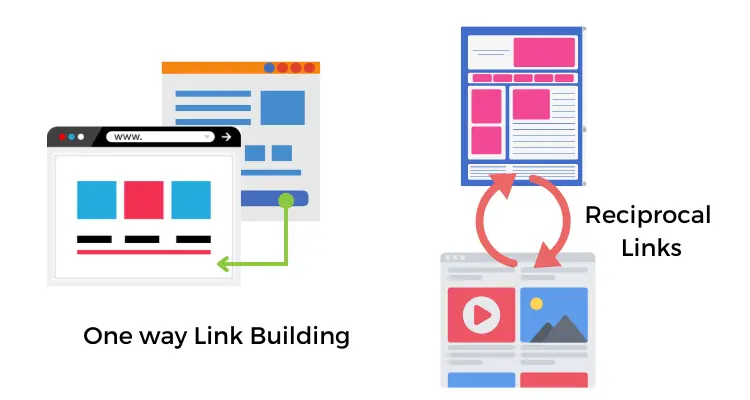
The key difference lies in the exchange (or lack thereof):
- One-Way Links: Another website links to your content without expecting anything in return. These are seen as more authentic and trustworthy by search engines, making them more valuable for improving search rankings.
- Reciprocal Links: Two websites agree to link to each other, often with the primary intent of boosting SEO. While this can still provide value, excessive reciprocal linking can appear manipulative to search engines, potentially diminishing its impact.
To put it simply, one-way links are like someone voluntarily recommending your work, while reciprocal links are akin to two people agreeing to praise each other publicly. The former carries more SEO weight because it's harder to fake and demonstrates genuine trust and value.
Benefits of One-Way Links
One-way links are a cornerstone of a solid SEO strategy. Their unique nature-earned without requiring mutual agreements-brings significant advantages to your website. Here's why they matter:
- Enhanced Trust from Search Engines:
- Better Rankings Without the Need for Mutual Agreements:
- Increased Referral Traffic:
- Long-Term Value:
Search engines like Google prioritize quality over quantity when it comes to backlinks. One-way links signal that other websites find your content valuable enough to reference without expecting a favor in return. This builds trust with search engines, positioning your site as an authoritative resource in your niche. The more trustworthy your site appears, the more likely it is to climb in search rankings.
Unlike reciprocal links, where two sites agree to link to each other, one-way links are seen as more natural and unbiased. Since they don't rely on pre-arranged agreements, search engines view them as genuine endorsements. This authenticity helps improve your site's ranking in search results, giving you an edge over competitors relying on outdated or manipulative link-building practices.
One-way links often come from relevant, high-quality sources. When users visit your site through these links, they are typically already interested in what you offer, leading to higher engagement and conversion rates.
One-way links tend to have a lasting impact. As long as the linking site remains active and reputable, these links continue to send positive signals to search engines, supporting your site's performance over time.
Proven Strategies for Building One-Way Links
Building one-way links requires creativity, effort, and a focus on providing value. Here are four tried-and-true strategies that can help you earn high-quality backlinks organically:
- Original Research and Data Sharing
- What It Is: Conduct unique research or surveys in your industry and share the results publicly. This could include statistics, trends, or in-depth analysis.
- Why It Works: Websites and content creators love linking to fresh, original data to support their articles. If you're the source of that data, they'll naturally link back to your site.
- Example: A marketing agency publishes a report on social media trends for the year, citing original user engagement data. Blogs and journalists link to the report in their posts.
- Infographics
- What It Is: Infographics present complex information visually, making it easier for audiences to understand and share.
- Why It Works: Infographics are highly shareable and often embedded in blogs, articles, or social media. When others use your infographic, they're likely to link back to your site as the source.
- Tips for Success:
- Use compelling data and visuals.
- Keep designs clean and straightforward.
- Offer an embed code with a preformatted link to your site.
- Example: An SEO company creates an infographic showing the impact of page speed on rankings, which is shared widely among digital marketing blogs.
- Community Forums
- What It Is: Participate in online forums or Q&A platforms related to your niche (e.g., Reddit, Quora, or niche-specific communities).
- Why It Works: By answering questions and providing valuable insights, you can establish your expertise and include a link to relevant content on your site when appropriate.
- Tips for Success:
- Focus on helping, not self-promotion.
- Ensure your links add genuine value to the discussion.
- Example: A tech blogger answers a forum question about troubleshooting website errors and links to their detailed troubleshooting guide.
- Guest Contributions
- What It Is: Write high-quality guest posts for reputable websites in your industry. Include a link to your website in the content or author bio.
- Why It Works: Guest posts allow you to showcase your expertise while earning backlinks from high-authority domains.
- Tips for Success:
- Tailor content to the host site's audience.
- Focus on delivering value rather than just inserting links.
- Target sites with engaged audiences and strong domain authority.
- Example: A software developer contributes a guest post on best practices for cybersecurity to a tech publication, linking back to a related resource on their site.
Common Questions About One-Way Link Building
Here are answers to some of the most frequently asked questions about one-way link building, providing clarity for beginners and experienced marketers alike:
How Can I Start Building One-Way Links as a Beginner?
- Create Valuable Content: Write blog posts, create infographics, or produce videos that address specific problems in your niche. Content that educates or solves issues is naturally shareable.
- Engage with Your Niche Community: Join forums, comment on industry blogs, and participate in discussions. Share helpful insights and include links to your content when relevant.
- Start Small with Guest Posts: Pitch guest post ideas to smaller websites in your industry. Focus on delivering useful, high-quality content that earns you backlinks.
- List Your Website in Relevant Directories: Use reputable niche or local directories to secure your first few links.
What Are the Safest Practices for Avoiding Penalties?
- Avoid Buying Links:
While it is possible to Paid links can harm your rankings if they're flagged by search engines.
- Vet the Quality of Linking Sites: Ensure that sites linking to you have strong reputations and are relevant to your niche.
- Focus on Natural Links: Prioritize earning links through genuine value, not manipulation.
- Use Google's Disavow Tool if Necessary: If low-quality sites link to you without your consent, disavow those links to prevent harm to your SEO.
- Follow Google's Webmaster Guidelines: Always operate within search engine policies to maintain credibility.
Can Directories Still Help in One-Way Link Building?
- Choose Reputable Directories: Focus on niche directories or trusted platforms like Yelp, TripAdvisor, or industry-specific directories.
- Local SEO Advantage: For businesses targeting a specific location, listing in local directories can improve visibility and drive traffic.
- Stay Clear of Link Farms: Avoid directories that exist solely to boost SEO without providing real value to users.
Getting started with one-way link building doesn't require a massive budget or expert-level skills. Follow these beginner-friendly steps:
To protect your site from search engine penalties, always adhere to ethical link-building practices. Here's how:
Yes, but with caveats. Directories are no longer the powerhouse they once were in link building. However, they can still offer value if used strategically:
Tools to Help You Get Started with One-Way Link Building
Building one-way links can be streamlined and more effective with the right tools. Here's a list of both free and paid options for link prospecting and tracking:
Free Tools
- Google Search
- Use advanced search operators (e.g., "intitle:your keyword") to find link opportunities like blogs, forums, or guest post prospects.
- Google Alerts
- Set alerts for your niche topics to track mentions of your brand or keywords, helping you find potential linking opportunities.
- Ahrefs Free Backlink Checker
- Check the top 100 backlinks to any domain for free. Use it to analyze competitors' backlink profiles and identify link opportunities.
- Hunter.io
- Find email addresses of website owners for outreach. The free version allows a limited number of searches per month.
- Ubersuggest
- Offers insights into backlinks for a website and provides keyword suggestions for finding content ideas worth linking to.
- Moz Link Explorer (Free Version)
- Analyze backlinks for any domain, track link metrics, and identify high-authority sites for outreach.
Paid Tools
- Ahrefs
- One of the most comprehensive tools for link building. Use it to analyze competitor backlinks, identify link opportunities, and track your site's link profile.
- SEMrush
- Offers a backlink audit tool, link-building tool, and detailed analytics to help you prospect and manage link opportunities effectively.
- BuzzStream
- A robust tool for managing outreach campaigns. It helps you organize contact details, send outreach emails, and track follow-ups.
- Pitchbox
- Ideal for automating and personalizing outreach efforts. It streamlines the process of finding link opportunities and building relationships.
- Majestic
- Known for its proprietary metrics like Trust Flow and Citation Flow, it's excellent for assessing the quality of potential link sources.
- Linkody
- A cost-effective tool for tracking backlinks, monitoring competitors, and identifying broken links that can be reclaimed.
- NinjaOutreach
- Specifically designed for influencer marketing and outreach campaigns. Great for finding bloggers and websites that align with your niche.
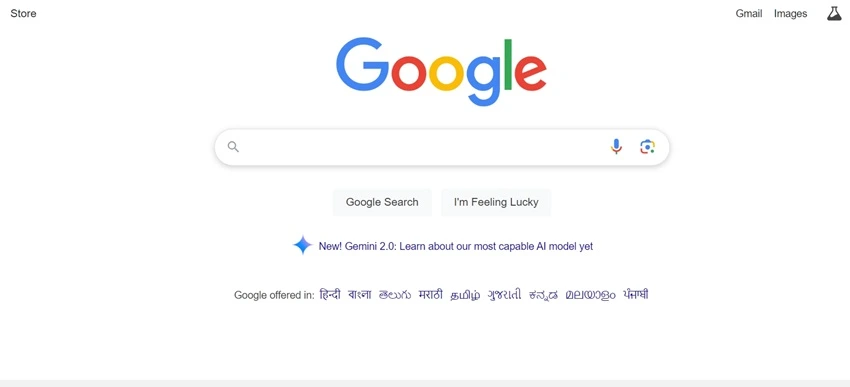
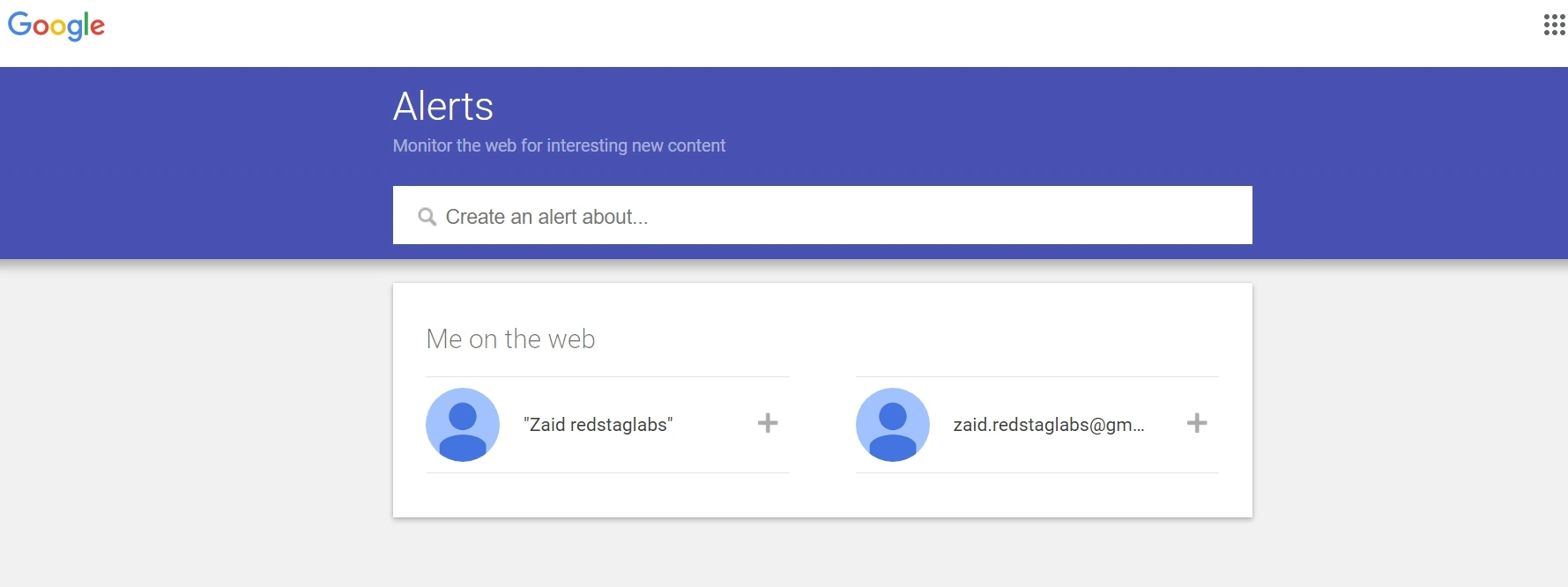
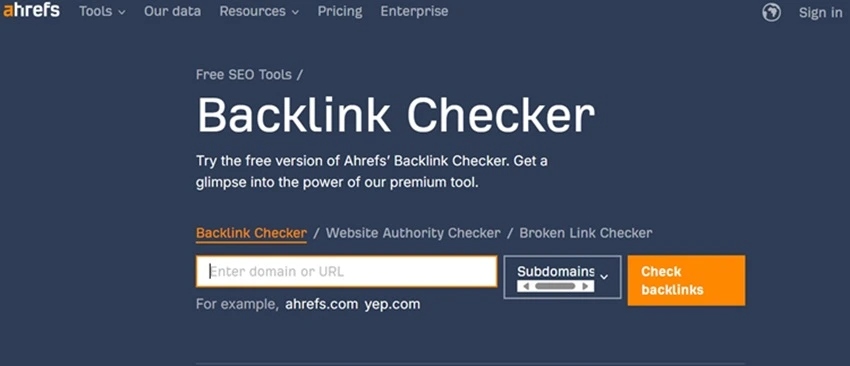

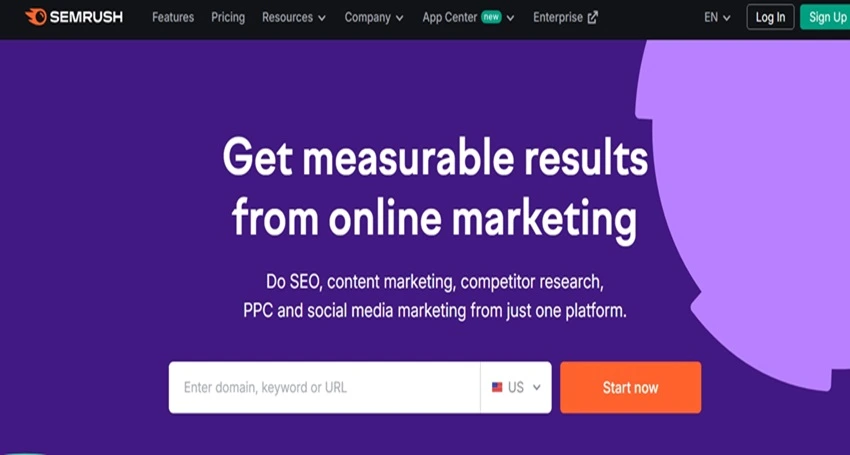
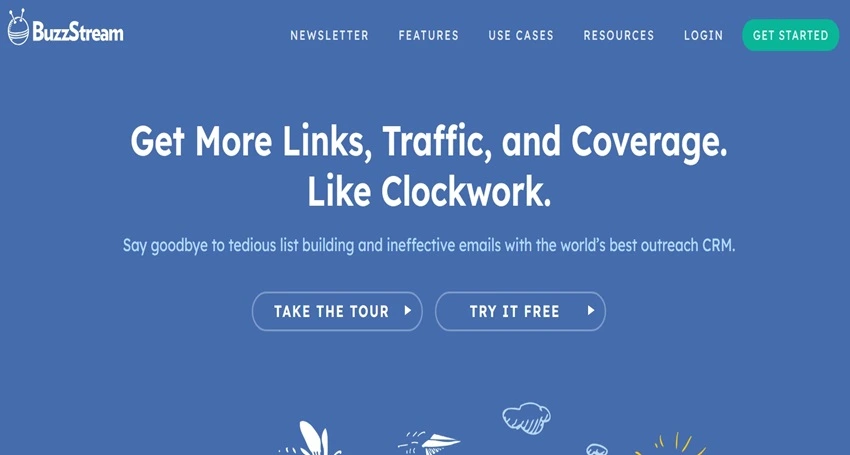
Combining Free and Paid Options
If you're on a tight budget, start with free tools like Google Alerts and Ubersuggest to identify initial opportunities. As your strategy grows, investing in a comprehensive tool like Ahrefs or SEMrush will make your efforts more scalable and efficient.
These tools will help you at every stage-prospecting, outreach, and tracking-ensuring that your one-way link-building efforts are both effective and organized.
Mistakes to Avoid in Link Building
Building one-way links can significantly enhance your website's authority, but missteps along the way can harm your SEO efforts. Here are two critical mistakes to avoid:
- Buying Links Without Vetting
- Why It's Risky: While buying links might seem like a shortcut to success, it can backfire if you don't carefully vet the sites offering them. Search engines, particularly Google, penalize manipulative link practices, including buying links from untrustworthy sources or link farms.
- How to Avoid This Mistake:
- Ensure the linking site is reputable, relevant to your niche, and has a strong domain authority.
- Avoid bulk link purchases; they often come from spammy websites.
- Monitor your backlink profile regularly to identify and disavow harmful links.
- Better Alternative: Focus on earning links through high-quality content, outreach, and partnerships with credible sites.
- Relying Solely on Low-Quality Directories
- Why It's Risky: Submitting your site to every directory you find can result in a backlink profile filled with irrelevant or low-quality links. Search engines view this as spammy behavior, which can lead to penalties or reduced rankings.
- How to Avoid This Mistake:
- Choose directories that are specific to your niche or industry.
- Avoid directories that list thousands of unrelated sites or that don't undergo any moderation.
- Check for directories with high traffic and genuine value for users.
- Better Alternative: Focus on earning links from authoritative niche directories and trusted platforms that align with your audience and content.
Key Takeaway
Editorial link building services is about quality over quantity. Avoiding these mistakes ensures your strategy remains effective and aligned with best practices. Instead of taking shortcuts, invest in ethical, sustainable techniques that build genuine credibility for your website.
Step-by-Step Process for Beginners: Building One-Way Links
If you're new to one-way link building, starting with a structured approach can make the process manageable and effective. Here's a simple step-by-step guide to get you started:
- Define Your Niche
- Why It Matters: Identifying your niche ensures that the links you build are relevant and valuable to your target audience.
- How to Do It:
- Identify your primary focus or area of expertise (e.g., health, technology, finance).
- Narrow down your audience-understand their problems, needs, and interests.
- Example: A small business in fitness focuses on “at-home workout routines” to attract health-conscious, time-strapped individuals.
- Create Link-Worthy Content
- Why It Matters:High-quality content is the foundation of link building. If your content provides value, other websites will naturally link to it.
- How to Do It:
- Solve Problems: Write guides, tutorials, or FAQs that address common pain points.
- Be Unique: Conduct original research, create infographics, or develop tools tailored to your niche.
- Keep It High Quality: Ensure your content is well-researched, accurate, and engaging.
- Example: A tech blog creates a detailed comparison of popular project management software, which gets linked by other sites citing it as a resource.
- Conduct Outreach Effectively
- Why It Matters:Outreach helps you actively promote your content to potential link sources, increasing the chances of earning links.
- How to Do It:
- Identify Prospects: Use tools like Ahrefs, SEMrush, or Google Search to find blogs, forums, or websites in your niche.
- Personalize Your Outreach: Write custom emails that highlight why your content is valuable to their audience.
- Be Polite and Concise: Respect their time and make it easy for them to review and link to your content.
- Example: A food blogger contacts niche websites about their vegan recipe guide. They include a brief pitch explaining how the guide complements the site's existing content.
Pro Tips for Beginners
- Start Small: Focus on smaller, niche-specific websites before approaching high-authority sites.
- Track Your Progress: Use tools like Google Analytics or Ahrefs to monitor backlinks and traffic.
- Be Patient: Building a strong link profile takes time and consistency.
By defining a clear niche, creating valuable content, and conducting strategic outreach, beginners can lay a solid foundation for successful one-way link building.
Conclusion
One-way link building is an essential strategy for improving your website's authority, search engine rankings, and organic traffic. By focusing on quality over quantity, you can build a strong backlink profile that stands the test of time.
Whether you're just starting out or refining your strategy, the key steps are clear:
- Define your niche to ensure your efforts are targeted and relevant.
- Create content that provides real value-guides, research, tools, or infographics that others will naturally want to reference.
- Conduct thoughtful outreach to connect with the right audiences and earn authentic links.
Avoid shortcuts like buying unvetted links or relying solely on low-quality directories. Instead, invest in sustainable practices that align with your long-term goals. With patience, consistency, and a commitment to quality, one-way link building can become a powerful asset in your SEO toolkit.
Now, take that first step-define your niche, start creating, and reach out to the right people. Your next great link might be just an email away!



